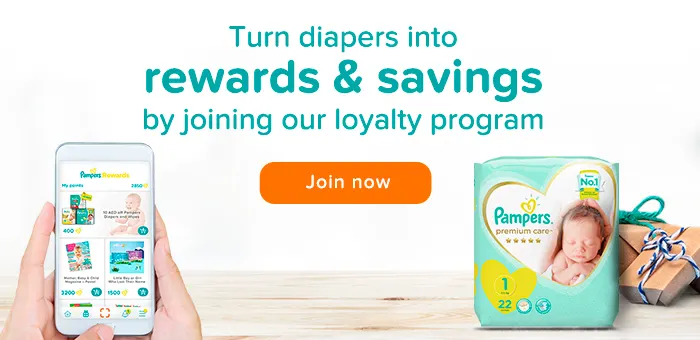Baby Wipes vs. cotton wool and water: Which is Better?
A Convenient Tool
Given the amount of time that mums today spend outside of the home, baby wipes are a valuable tool for nappy changes, as well as for cleaning children's hands or faces due to their portability and convenience. In fact, research revealed that 9 in 10 UK parents wouldn't leave the house without a pack of baby wipes.
One reason that mums choose wipes over other cleaning methods is convenience – wipes are easier to take on-the-go than cotton wool and water. Packs with a re-sealable lid add to this convenience because they are easily portable so that wipes are always within reach, and they are easy to close and open with one hand.
A Sustainable Solution
Parents can be assured that using baby wipes is not worse for the environment than other methods of gently cleaning their babies. In 2010, EDANA (the European Disposables and Nonwovens Association, which is an international association of non-wovens and related industries) completed a lifecycle assessment comparing baby wipes, flannels and cotton balls to gain understanding of their comparable environmental impact.
This evaluation looked at the entire life of a product, from the creation of its raw materials, manufacturing, consumer use and on through its disposal to gauge the potential environmental impacts. The results found that baby wipes and flannels had similar environmental potential impacts and are better than using cotton balls when it comes to the environment.
When it comes to nappy-changing practices, every mum has an opinion about which product they prefer for their baby. Personal preferences aside, Pampers Sensitive baby wipes have been shown to outperform cotton wool and water in terms of gentleness on the skin and convenience to on-the-go mums. What's more, wipes are just as kind to the environment as cotton wool and water.
Gentle on the Skin
For many years, Pampers Sensitive baby wipes have been proven to be safe and effective cleaning products that are even milder than cotton wool and water .
A neo-natology clinical study published in 2009 found that Pampers alcohol-free, fragrance-free wipes actually helped to maintain the health of babies' skin better than cotton gauze and water in a neo-natal intensive care unit (NICU).
The NICU study included both premature and full-term babies, and the use of wipes actually showed less erythaema (redness) in the perineum as compared with cotton gauze and water after just five days of use. Key features in Pampers Baby Wipes that help make them gentle and mild to the skin include:
Soft cloth-like substrate
Skin conditioning emollients
Mild surfactants to help loosen and lift away mess
A pH buffering system to help restore the skin's natural pH balance

